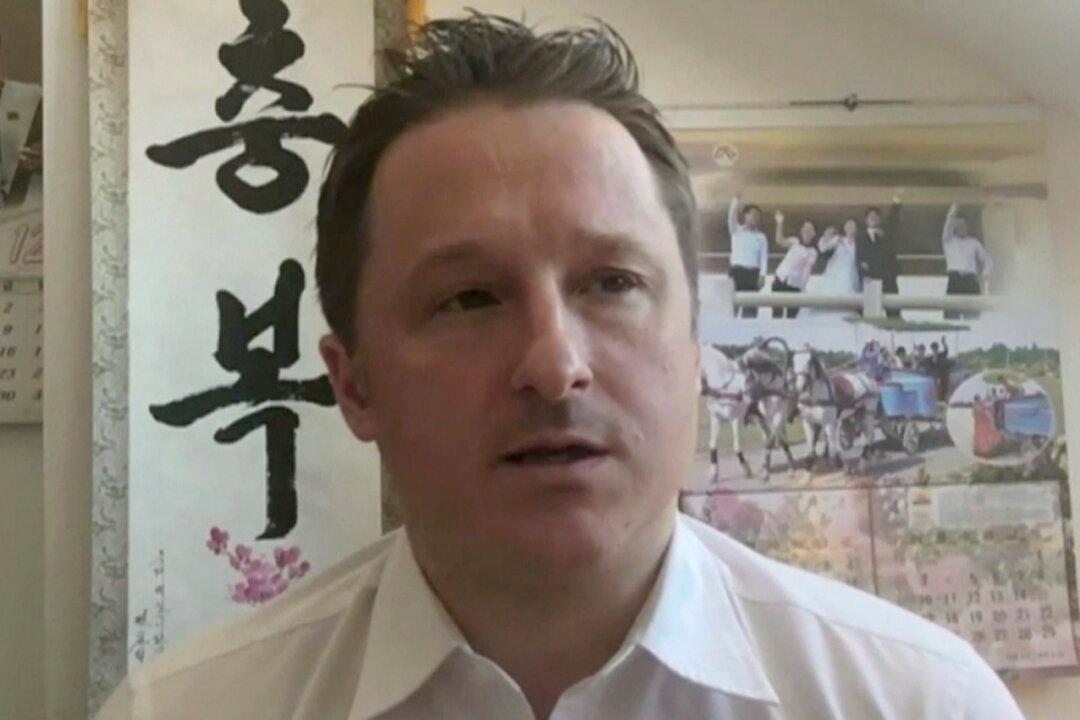TORONTO—Canadian MP Michael Cooper, who is in China as part of a legislative delegation, said it’s encouraging that one of the two Canadians detained in that country was granted a consular visit on Jan. 8.
He also said the delegation has told Chinese officials that it’s not business as usual while the Canadians remain detained.





